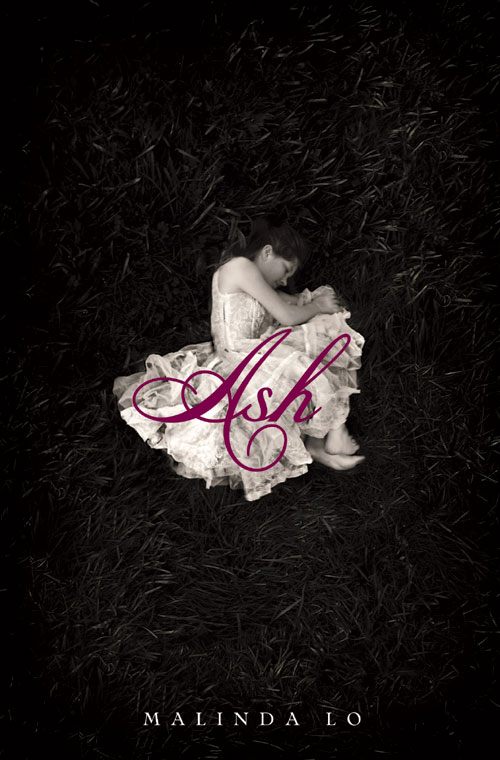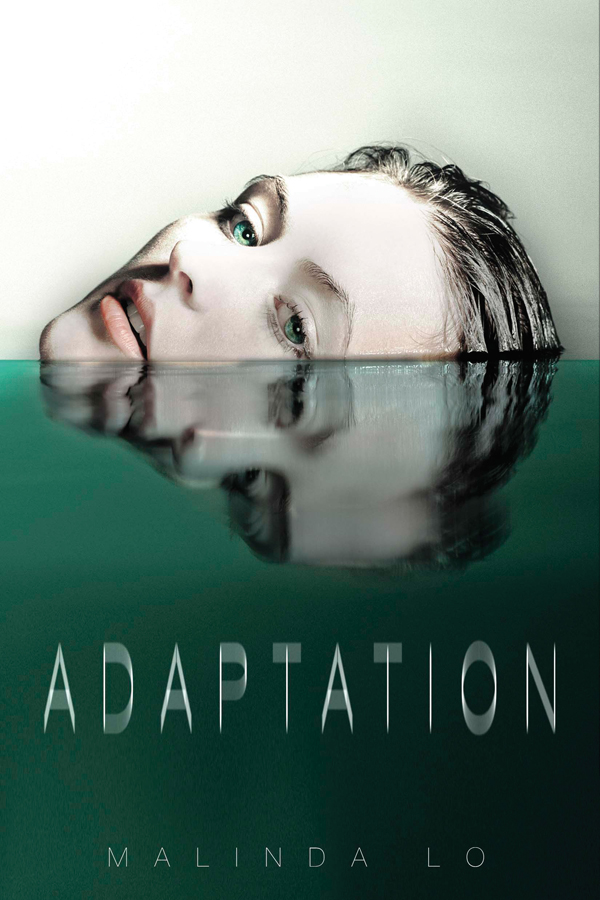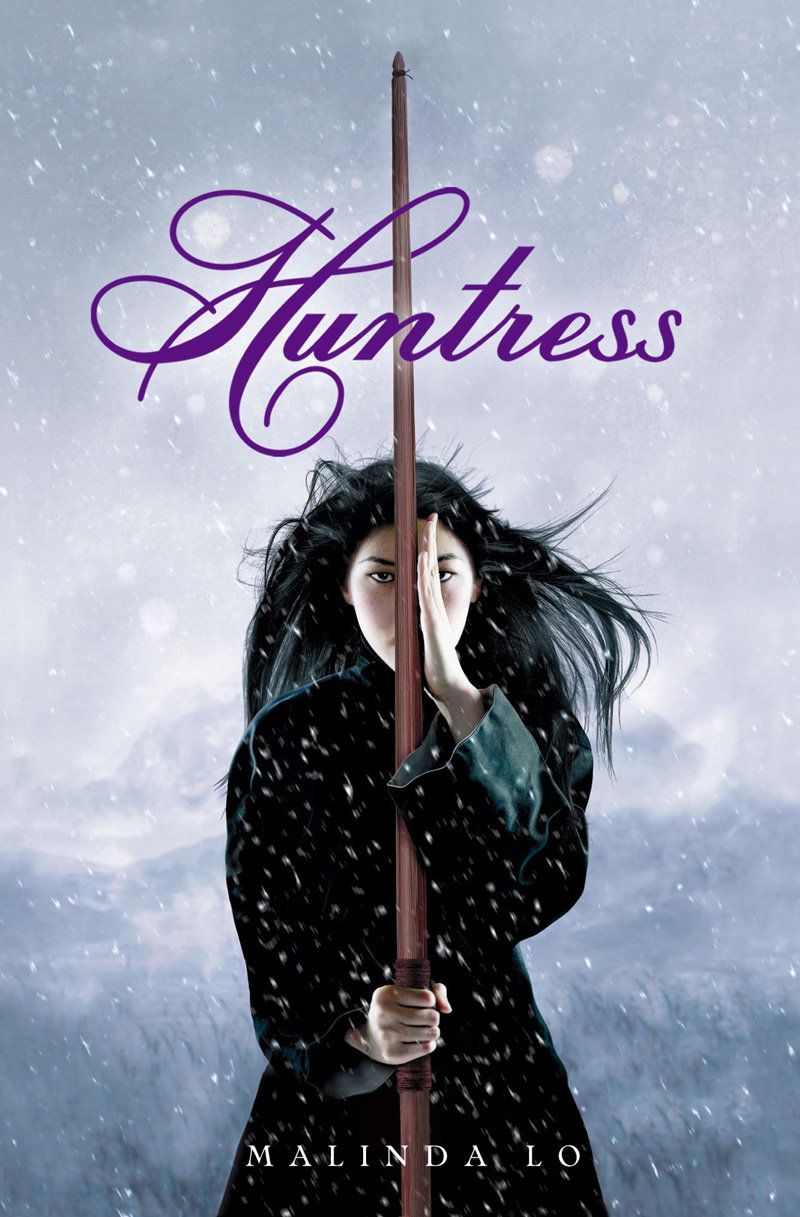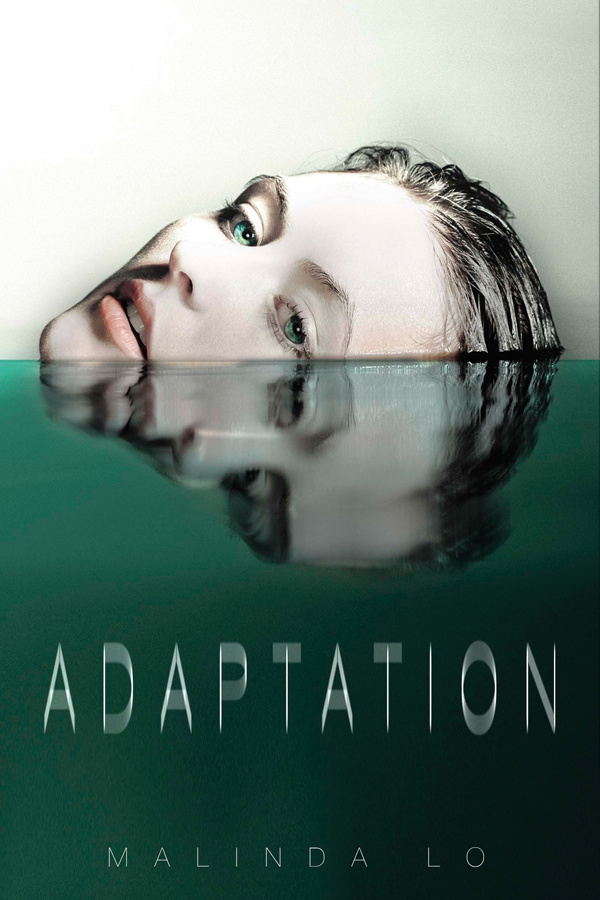Anyone into lesbians living in a fantasy/medieval world should pick up this Cinderella retelling, Ash by Malinda Lo. Having read it twice, I’m very impressed with the details and the culture of this beautiful novel.
In a fantasy world, young Aisling “Ash” has lost her mother. Before she can properly grieve, her father leaves on a business trip…and returns with Ash’s new stepmother and two stepsisters. Her father takes ill soon after and dies, leaving Ash’s stepmother, Lady Isobel, in charge. Ash is uprooted from her childhood house and forced to be her stepmother’s servant. Treated badly by Isobel, Ash turns to her book of fairy tales, and soon meets a real fairy: Sidhean. As Ash grows up, she and Sidhean share an understanding, though Ash is not allowed to question him about where he lives. By the time she is eighteen, Sidhean reveals that he wants Ash to be his. Tired of being Isobel’s slave, Ash is ready to agree. But then she runs into Kaisa, the king’s new huntress, and the two become fast friends. Slowly, Ash’s feelings for Kaisa turn into a deep love. Torn between her potentially dangerous promises to Sidhean, and her love for Kaisa, Ash must make her choice about who she wants to be with.
Ash takes a whole new twist to the classic fairytale in an interesting way. There are elements of the old tale, such as the prince looking for a bride, and the evil-stepmother scenario. But it’s refreshing that Ash has no romantic interests in the prince, and instead loves the huntress.
Fairies are a very important part of the novel. Sidhean is the one we see the most, but the book provides glimpses of more. But unlike the real Cinderella story, the fairies in Ash are much darker in personality. They are known to lure humans into their circles, and to be deadly about keeping their secrets. Sidhean is one of the more lenient fairies, but even he seemed temperamental and rude at times.
The story itself is descriptive of Ash’s culture and the world she lives in. Lo clearly paints the settings around Ash: from the Wood where the fairies live, to the palace’s lavish parties. I really got to know Ash, the beliefs she grew up with, and her plight. The author even showed some examples of the fairy tales Ash grew up with, providing an even clearer idea of how important magic was to her culture. This added to the story, in my opinion.
Homosexuality in Ash is portrayed in a good light. Most people in the story expected Ash to fall in love with a man, but the ones who knew about her loving Kaisa didn’t seem unsettled or disturbed by the idea of her loving another woman at all. And one fairy tale in Ash’s book was about female/female love, so I got the impression that homosexuality was generally accepted, even if people didn’t think about it much. Ash feels no shame with Kaisa because of their gender, and vice versa. The typical agonizing questions “Why am I gay?” and “Can I change?” are not an issue in this book because the culture is so accepting. To people like Ash, there was no problem with their sexuality at all. This was quite refreshing, to get a glimpse of a more understanding world.
All in all, Ash is an enjoyable read. It’s easy to get lost in the story as you root for Ash and the choices she must make to secure her own future. A wonderfully descriptive novel, this book should be a classic; not because of its ties to Cinderella, but because of its own merits.








